When Thomas More wrote Utopia in 1516 he gave a name to a very old, perhaps universal, tradition of thinking that included the Epic of Gilgamesh, Plato's Republic and the Old Testament — and he started an argument. Francis Bacon (utopia through Science) and Jean Jacques Rousseau (utopia through Nature) soon joined the debate, but it was the harsh changes in daily life engendered by the factory systems of the early Industrial Revolution that brought an urgency to the discussion, as seen in the writings of David Owens, Karl Marx and Friedrich Engels.
While the early social theorists were largely European, it was in the fluid environment of America that true utopian communities were built and utopian experimentation flourished. In the years between 1810 and 1850, hundreds of secular and religious societies bravely tried to build a "perfect" life for their members. In the twentieth century experimentation began again, reaching a fever pitch in the turbulent days of the Vietnam War. Some of the late 1960s communes still survive and continue to flourish. The 1990s and the early years of the new millennium have become yet another hotbed of social experimentation. The Co-Housing movement is sweeping America with at least 70 communities fully completed and occupied and numerous others planned. At the same time, the rapid global expansion of sustainable communities known as Ecovillages has been widely adopted in America.
Joel Sternfeld has selected sixty representative historic or present American utopias. A photograph of each is accompanied by a brief text that summarizes the most salient aspects of the history or organization of the community. Neither a conventional history nor a conventional book of photography, Sweet Earth brings together what might otherwise seem disparate, individualized social phenomena and makes visible the community of communities.
As laissez-faire market forces sweep the globe and the earth's future seems endangered, the dream of living in concert with nature and with one another is increasingly essential.
132 pages
Hardback / Clothbound
30.5 x 25.5 cm
English
ISBN 978-3-86521-124-8
Out of print
€ 60.00 incl. VAT
Free shipping
-
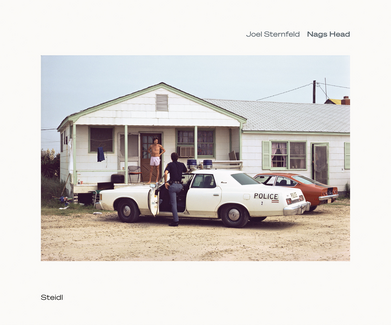
Nags Head
€ 50.00 -
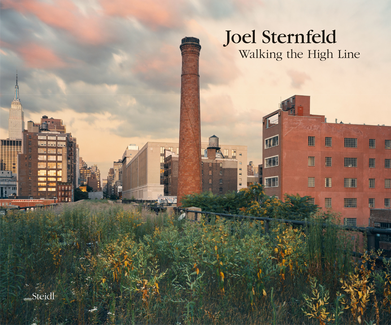
Walking the High Line. Revised Edition
€ 45.00 -
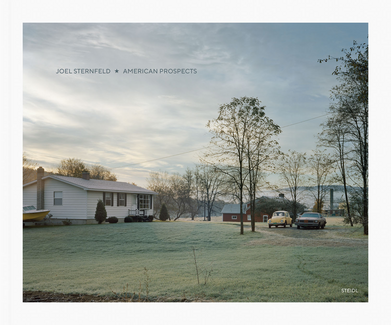
American Prospects (2023)
Out of print -
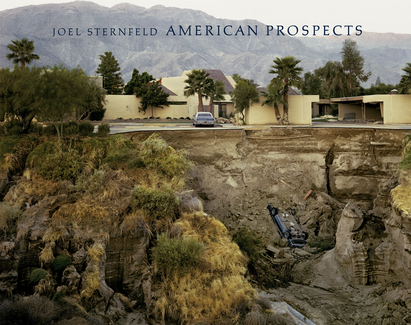
American Prospects - Revised Edition
Out of print -
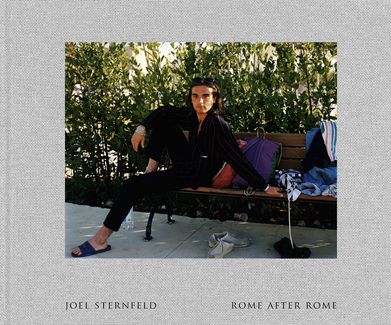
Rome After Rome
€ 95.00 -
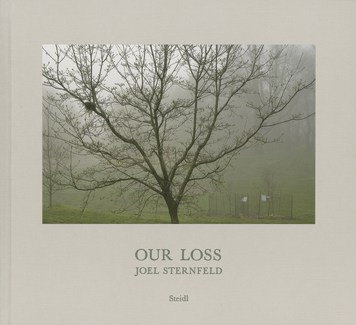
Our Loss
€ 45.00 -
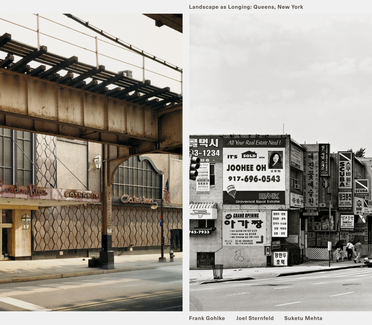
Landscape as Longing: Queens, New York
€ 65.00 -
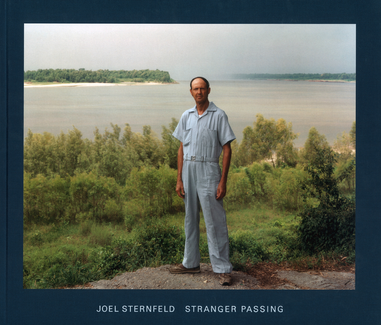
Stranger Passing
Out of print -
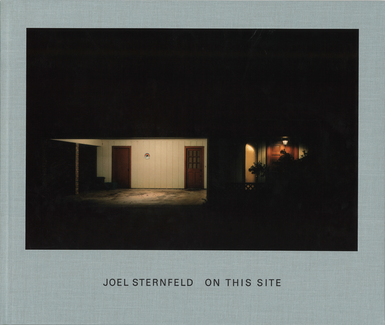
On This Site
€ 48.00 -
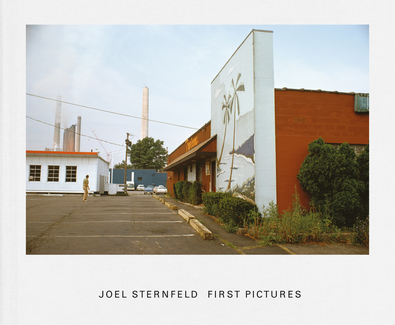
First Pictures
Out of print -
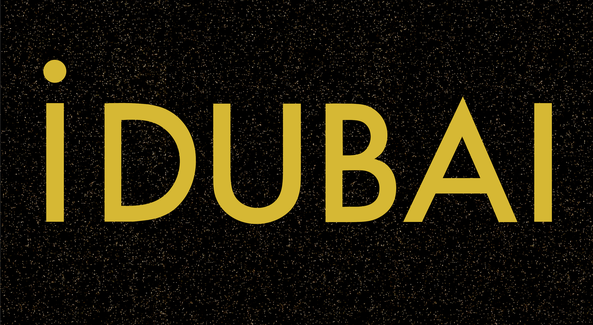
iDubai
€ 28.00 -
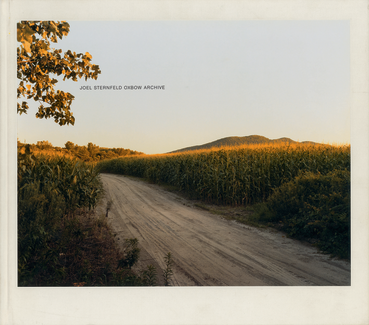
Oxbow Archive
Out of print -
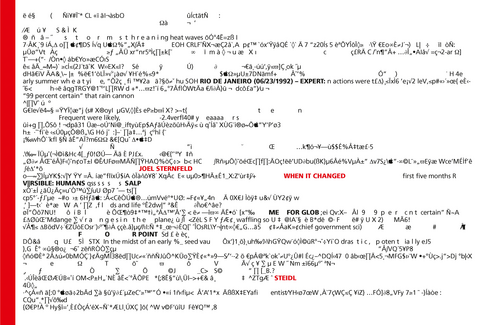
When it Changed
€ 25.00 -
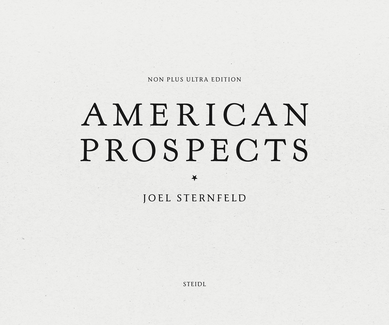
American Prospects. Non Plus Ultra Edition
Not yet published -
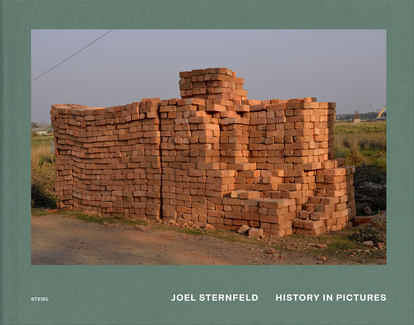
History in Pictures
Not yet published
Anim pariatur cliche reprehenderit, enim eiusmod high life accusamus terry richardson ad squid. 3 wolf moon officia aute, non cupidatat skateboard dolor brunch. Food truck quinoa nesciunt laborum eiusmod. Brunch 3 wolf moon tempor, sunt aliqua put a bird on it squid single-origin coffee nulla assumenda shoreditch et. Nihil anim keffiyeh helvetica, craft beer labore wes anderson cred nesciunt sapiente ea proident. Ad vegan excepteur butcher vice lomo. Leggings occaecat craft beer farm-to-table, raw denim aesthetic synth nesciunt you probably haven't heard of them accusamus labore sustainable VHS.
Anim pariatur cliche reprehenderit, enim eiusmod high life accusamus terry richardson ad squid. 3 wolf moon officia aute, non cupidatat skateboard dolor brunch. Food truck quinoa nesciunt laborum eiusmod. Brunch 3 wolf moon tempor, sunt aliqua put a bird on it squid single-origin coffee nulla assumenda shoreditch et. Nihil anim keffiyeh helvetica, craft beer labore wes anderson cred nesciunt sapiente ea proident. Ad vegan excepteur butcher vice lomo. Leggings occaecat craft beer farm-to-table, raw denim aesthetic synth nesciunt you probably haven't heard of them accusamus labore sustainable VHS.